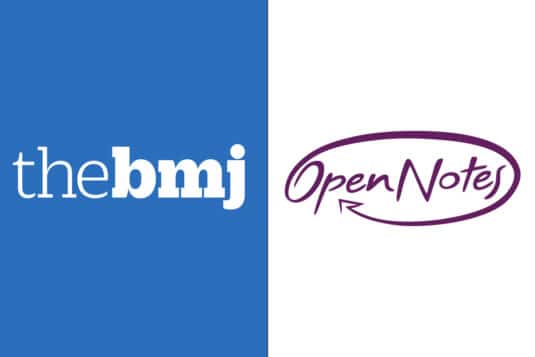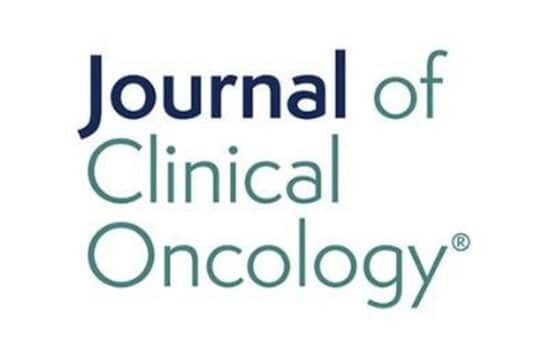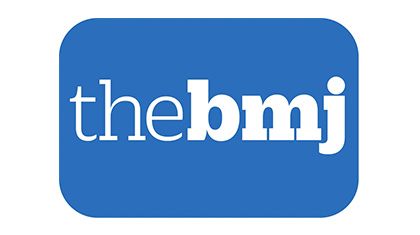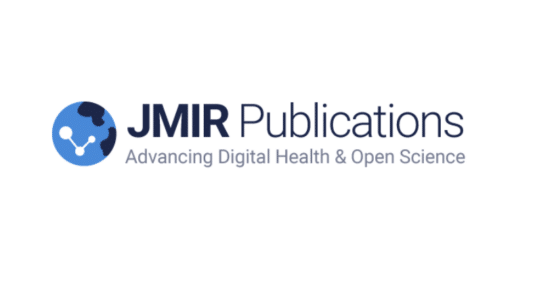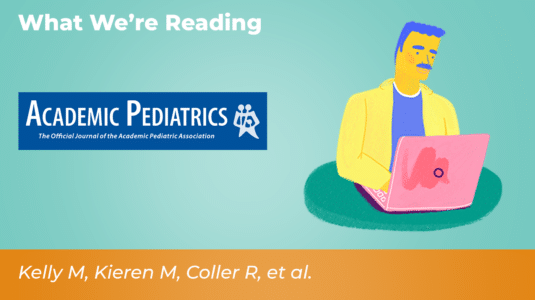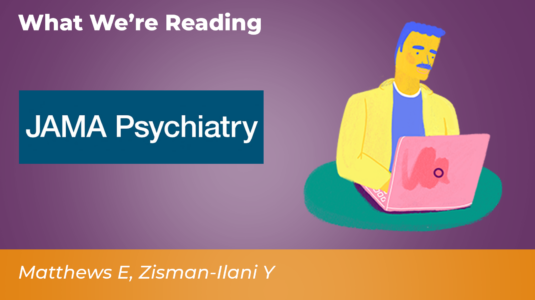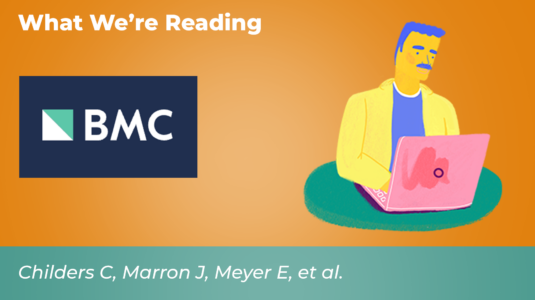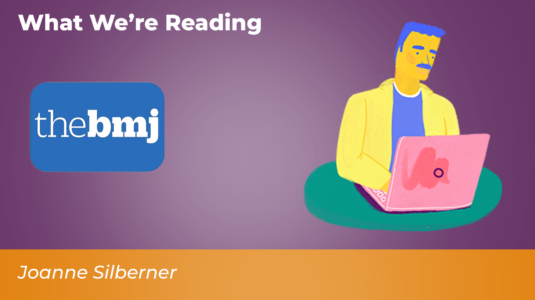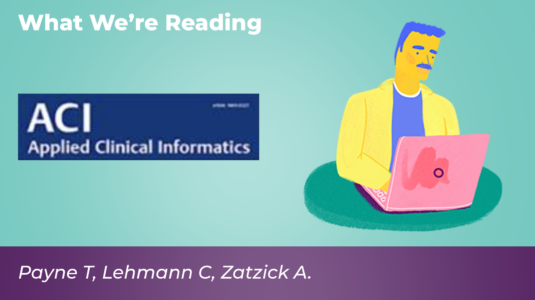In a recent BMJ opinion, OpenNotes leaders warn that a proposal by U.S. health secretary Robert F. Kennedy Jr. to eliminate public comment in federal health policymaking threatens transparency, public trust, and democratic values.
Editorial / Commentary
Overcoming systemic barriers to make patient-partnered research a reality
This commentary explores the barriers posed by processes of consent, data exchange, and EHR interoperability that hinder how researchers honor patients’ desires to contribute to the advancement of cancer research. To grow a thriving research ecosystem, we should minimize participants’ burden and develop systems that demonstrate our commitment and respect for their wishes to contribute to cancer research.
Patients need access to their medical records—now
Despite initial professional resistance and policy delays, countries like Denmark, Estonia, Sweden, and the US have demonstrated that the benefits of full record access outweigh the risks. Patients globally are calling for interactive, user-friendly portals to access and correct their medical records, emphasizing that this is crucial for self-care, particularly in the post-pandemic era where healthcare access has declined.
Patient portals fail to collect structured information about who else is involved in a person’s care
“Shared access” uses separate identity credentials to differentiate between patients and care partner portal users. EHR vendors must recognize that both patients and care partners are important users of their products and acknowledge and support the critical contributions of care partners as distinct from patients.
When bad news comes through the portal: Strengthening trust and guiding patients when they receive bad results before their clinicians
In this chapter, perspectives from a patient with cancer, an oncologist, and a cancer psychiatrist (in that order) are shared to illuminate the adjustments made in clinician-patient communication amid the era of nearly instantaneous results within the electronic health record.
Pediatric open notes: Caregiver experiences since the 21st century Cures Act
While research on the impact of Open Notes in pediatric inpatient settings remains limited, recent findings have improved our understanding by adding actual caregiver experiences to the expectations identified in our initial study. As we move into this new era of transparency, we call for further investigation of the impact of note sharing on health care outcomes for children while continuing to develop strategies to mitigate challenges.
Open notes use in psychiatry—The need for multilevel efforts in research and practice
Support for open notes has been bolstered by evidence from a limited pool of early adopters showing that sharing mental health notes could improve indicators of patient-centered care, including patient-rated empowerment, mental health literacy, and therapeutic alliance.
Clinical ethics consultation documentation in the era of open notes
The new regulatory requirements of the 21st Century Cures Act provide a valuable opportunity to involve patients more actively in the documentation and telling of their own story of ethical complexity. Healthcare systems should take advantage of this new era and use open notes as a way to improve CECs documentation and, ultimately, patient care.
Access to records: Do open notes work for patients?
Since 2021, Americans have been guaranteed full and immediate access to their own health records. Joanne Silberner asks if this has helped or hindered treatment.
The voice of the patient and the electronic health record
The patient’s voice […] and their preferences for care and its outcomes, is too small a part of the electronic health record (EHR). If you are a researcher or innovator, collaborate with patient groups and clinicians to create new ways to capture the patient voice, and to leverage it for good.
